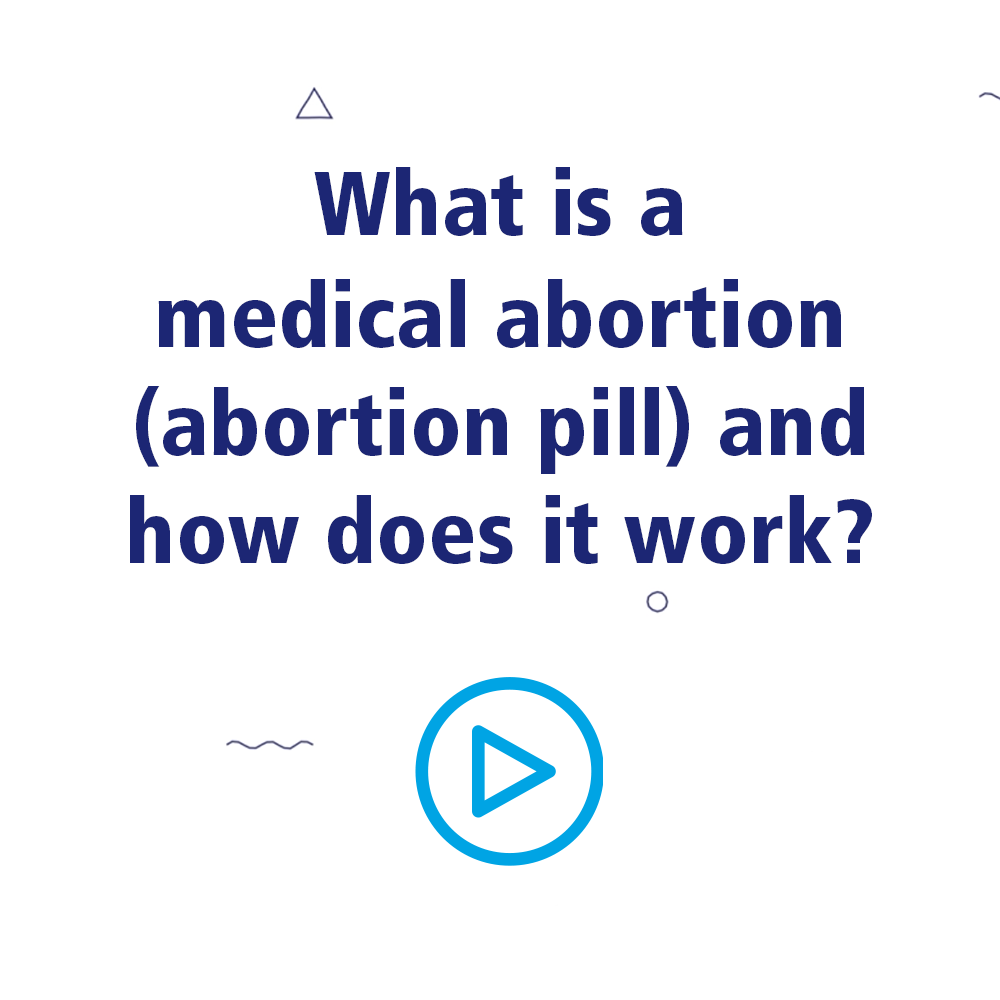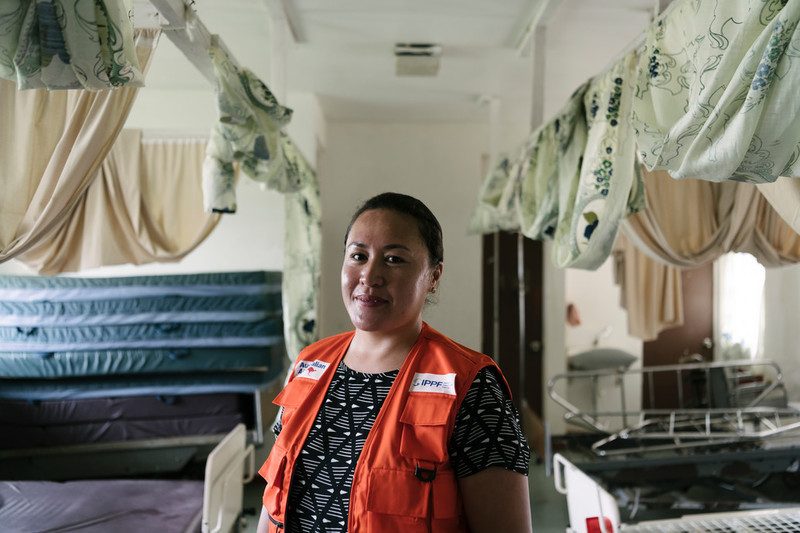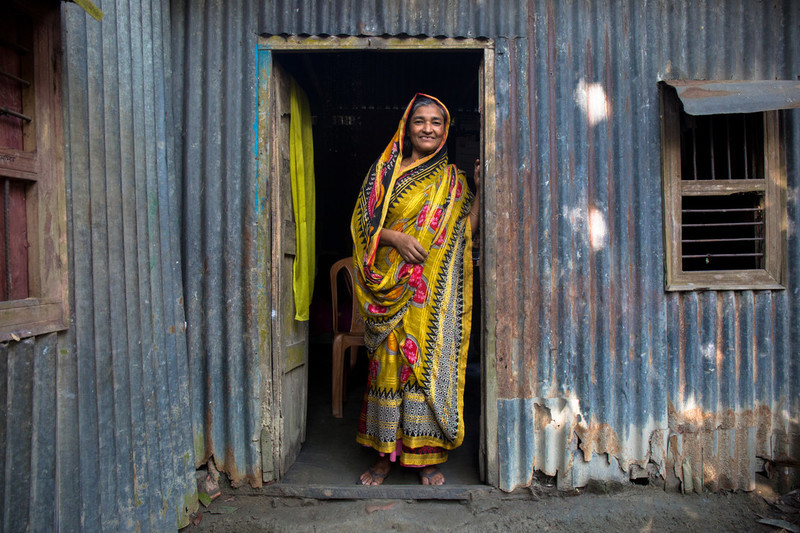Spotlight
A selection of resources from across the Federation

HIV Theory of Change
Our HIV Theory of Change is to clarify the goals and vision of IPPF’s HIV programme and to articulate the different pathways and strategies IPPF uses to contribute towards its HIV goals and vision.
Filter our resources by:

| 17 January 2020
Tanzania: Fighting back against the Global Gag Rule
In 2017, the US administration implemented the Global Gag Rule (GGR), a policy that denied funding to organizations that provided abortion care. IPPF refused to sign the policy that required us to deny women and girls the freedom to choose what happens to their body. As a result, IPPF lost $100 million in funding. Our Member Association in Tanzania – Chama cha Uzazi na Malezi Bora Tanzania (UMATI) – was forced to close 5 of its 11 clinics. But thanks to emergency funding from the Belgium government, UMATI was able to improve their remaining clinics, increase the number of qualified staff and continue to provide quality care for those who need it. Find out more about the Global Gag Rule and its devastating impact

| 28 September 2018
Watch: Access & Abortion: Medical abortion in Nepal
After years of progressive change by activists, advocates and organizations, abortion in Nepal was finally legalized in 2002. Legalization, however, did not mean accessibility, especially to women and girls in hard-to-reach and rural areas. That is until medical abortion became an option. Since being introduced in 2009, medical abortion (the abortion pill), is revolutionizing how women access abortion care with almost half of the abortions performed in Nepal are through the medical procedure. Through clinics, outreach programmes, workshops and peer educators, our Member Association, Family Planning Association of Nepal are ensuring women and girls in hard-to-reach and rural areas know their abortion care options.

| 27 September 2018
Watch: What is surgical abortion?
Watch our surgical abortion explainer video to find out more about the procedure. Please note this is a brief overview of surgical abortion. Contact your local healthcare provider to discuss further details and options available to you.

| 27 September 2018
Watch: What is medical abortion?
Ever wonder how medical abortion also known as the 'abortion pill', works? In this explainer video, we go through the steps of what to expect during a medical abortion. Please note that this video is an overview of the procedure. For further details on medical abortion, contact your local healthcare provider.

| 24 April 2018
Humanitarian disaster in Tonga brings opportunity through access to healthcare
Following the devastation wrecked by Tropical Cyclone Gita on the island of Kingdon of Tonga, the Tonga Family Health Association deployed an emergency response team. The team was able to bring vital sexual and reproductive health care to local communities. By taking services to the people, the team has been able to expand the types of care that many women would not readily access including pap smears and the opportunity to raise awareness around gender-based violence. Combining service delivery, as well as information, is part of our tailored approach to humanitarian crises; ensuring we meet need, wherever it is, whoever requires it, for as long as they want it. Photography © IPPF/Alana Holmberg

| 08 February 2018
Small scale innovation in Bangladesh during times of crisis: ensuring reproductive care to local communities
In times of humanitarian crises and disasters, the inability to access health care during floods can have serious repercussions on the local community. As part of their Innovation Programme project, our South Asia office in collaboration with the University of Leicester and the Government of Bangladesh provides reproductive health kits to health centres located in areas most prone to seasonal flooding. Known as 'Kit 8' it contains three months’ worth of medicine and equipment for the management of miscarriage and complications of abortion and menstrual regulation in emergency situations, essential to minimize associated morbidity and mortality. Medical staff are trained to administer procedures and provide post-procedure care. While abortion is considered illegal in Bangladesh, menstrual regulation, which has been a part of the country’s family planning program since 1979, is allowed up to 10–12 weeks after a woman’s last menstrual period. Photography © IPPF/Victoria Milko















